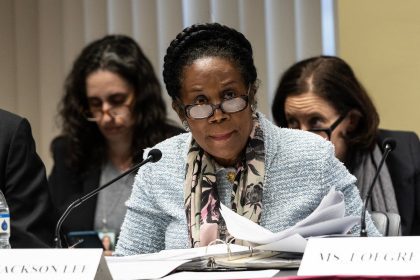
Another school year has begun, and we have a new opportunity to make a significant difference in the lives of children, particularly African American children. Why African American children? Well, the statistical data show that in almost every demographic category that defines success, African American children are the most at risk. This article begins a discourse to initiate a deliberate paradigm shift in African American children’s lives through the actions of those who participate as a part of the children’s success factor.
Whether you are a parent, an educational practitioner, or a member of the general public with no biological children of your own — you can play a significant role in African American children’s lives through the brief interactions that you have with them. In fact, the dialogues could be so profound — they could become life altering for the children. Imagine for a moment the power and the impact that you could have — in just a few brief moments to empower children — simply by what you say and how you engage them in discourse.
The children need to be encouraged that their circumstances in life can change for the better — and that their persistence in school is the key. This message can be reinforced through the conversations they have with role models, many of whom had similar challenges but overcame them through persistence and resiliency. It should be no surprise that words shape attitudes. Positive, affirming, purposeful words are essential for African American children to hear, and strong, positive, role models are essential for them to see.
Data from multiple reports show the dire circumstances of African American families and children. The 2011 report of the Children’s Defense Fund “State of America’s Children,” indicates that fewer than 40 percent of black children live with two parents. More than one in three black children live in poverty, and more than one in six black children live in extreme poverty. The previous 2010 report highlighted that a black child is suspended from a public school every four seconds, arrested every minute, and drops out of school every 39 seconds. This is not to suggest a cause and effect relationship in the findings of the two reports; nevertheless, the reports do signal a crisis. Various support systems are needed to address the problem. Your involvement is vital. No doubt, words of encouragement from individuals like you can make the difference.
Finally, let the message be clear. African American children can learn, and they can succeed in school. Brain-based research substantiates the finding that children can learn as long as there is no structural damage to their brains. So, many of the problems that African American children have are caused due to many other factors, chief among them their socioeconomic condition and self-esteem. Step one in our process is to be intentional. Make your conversations with children significant, empowering and life-altering. –dr. margaret ford fisher
















